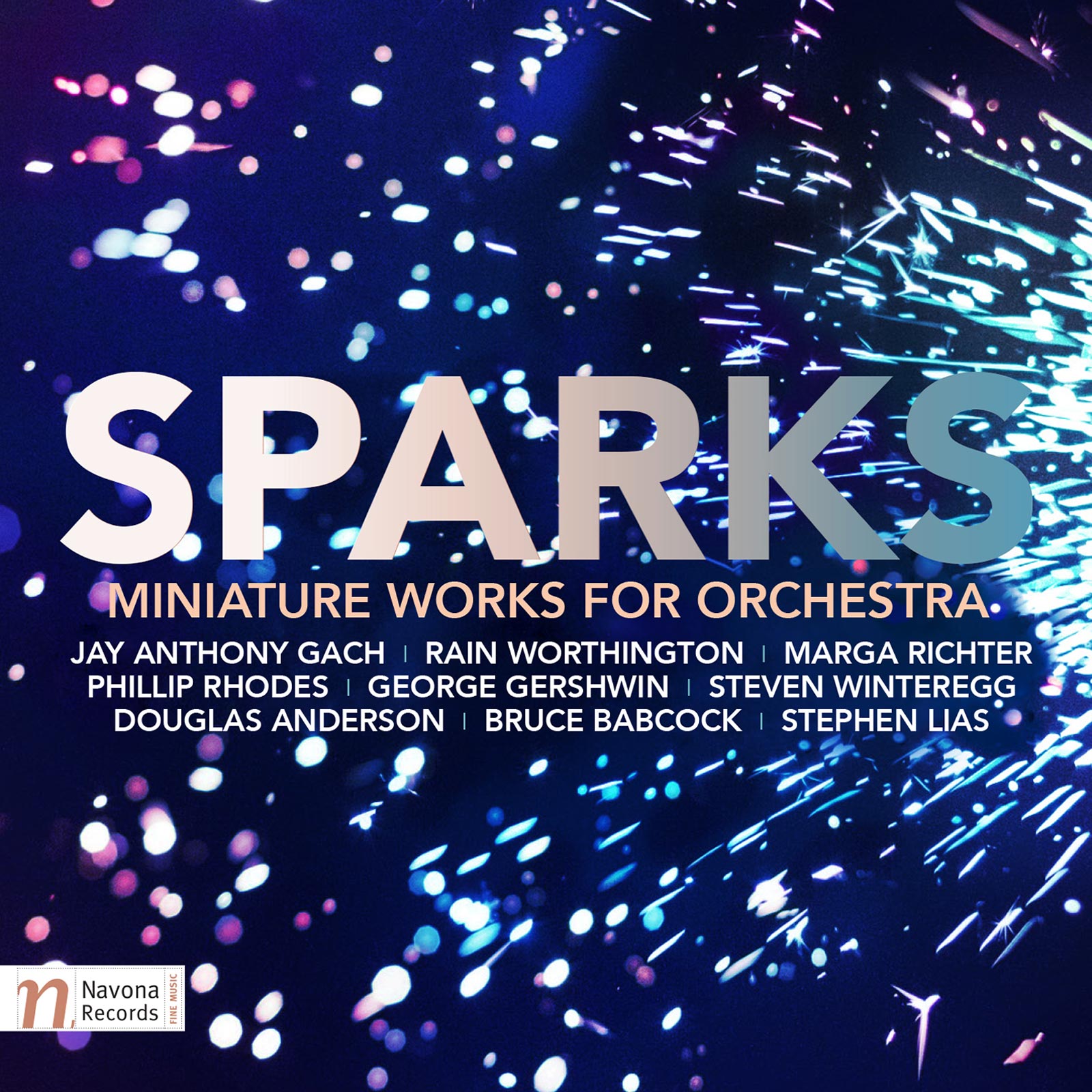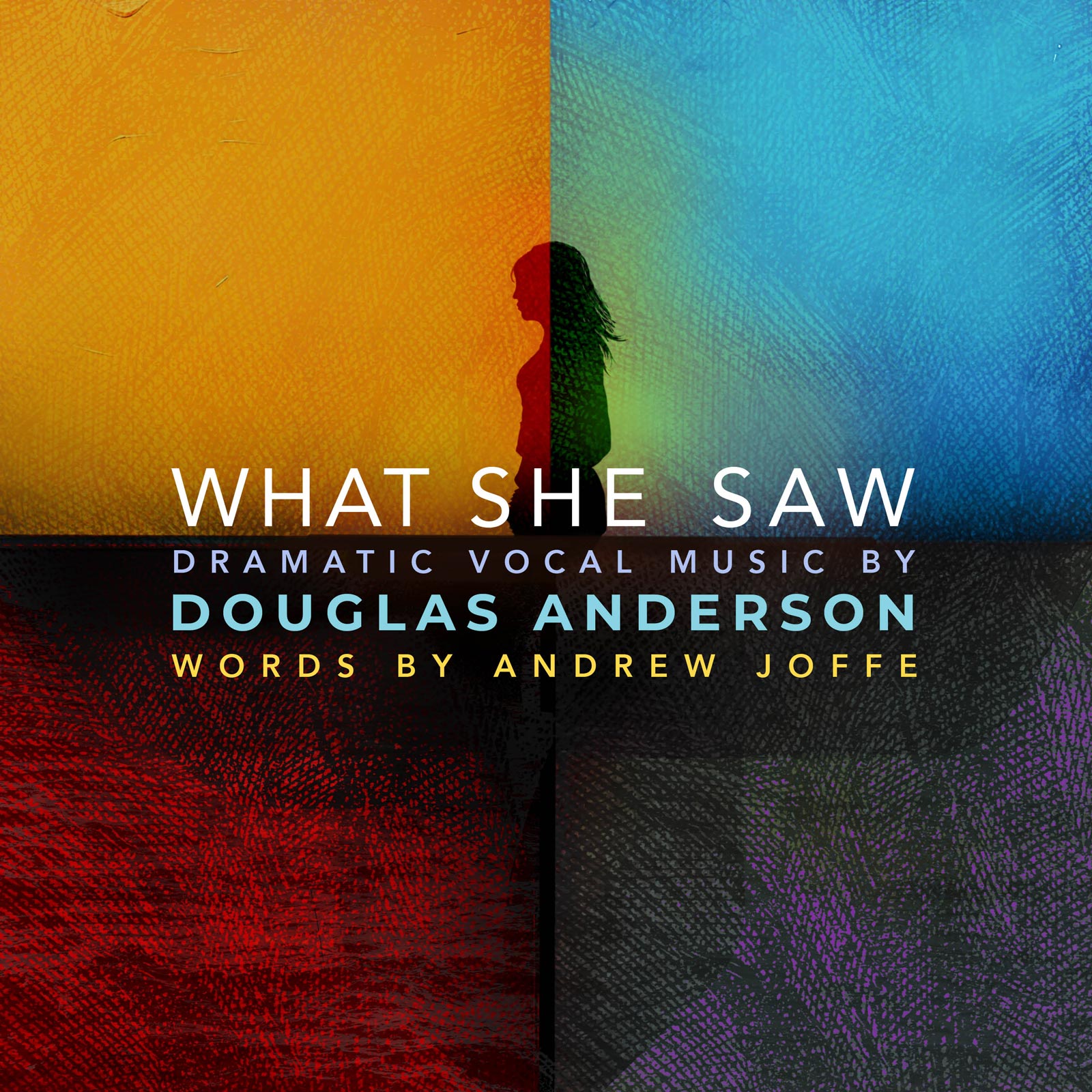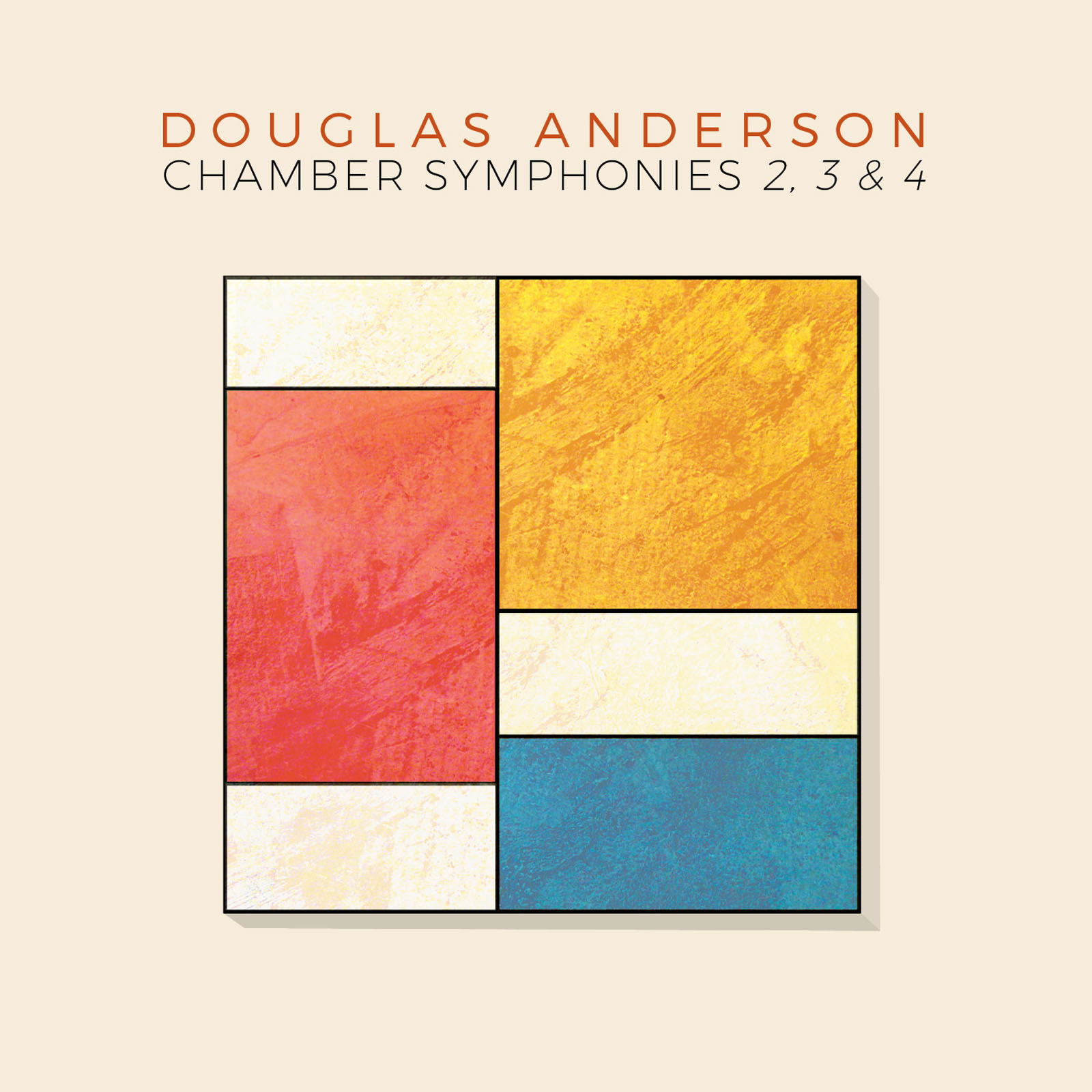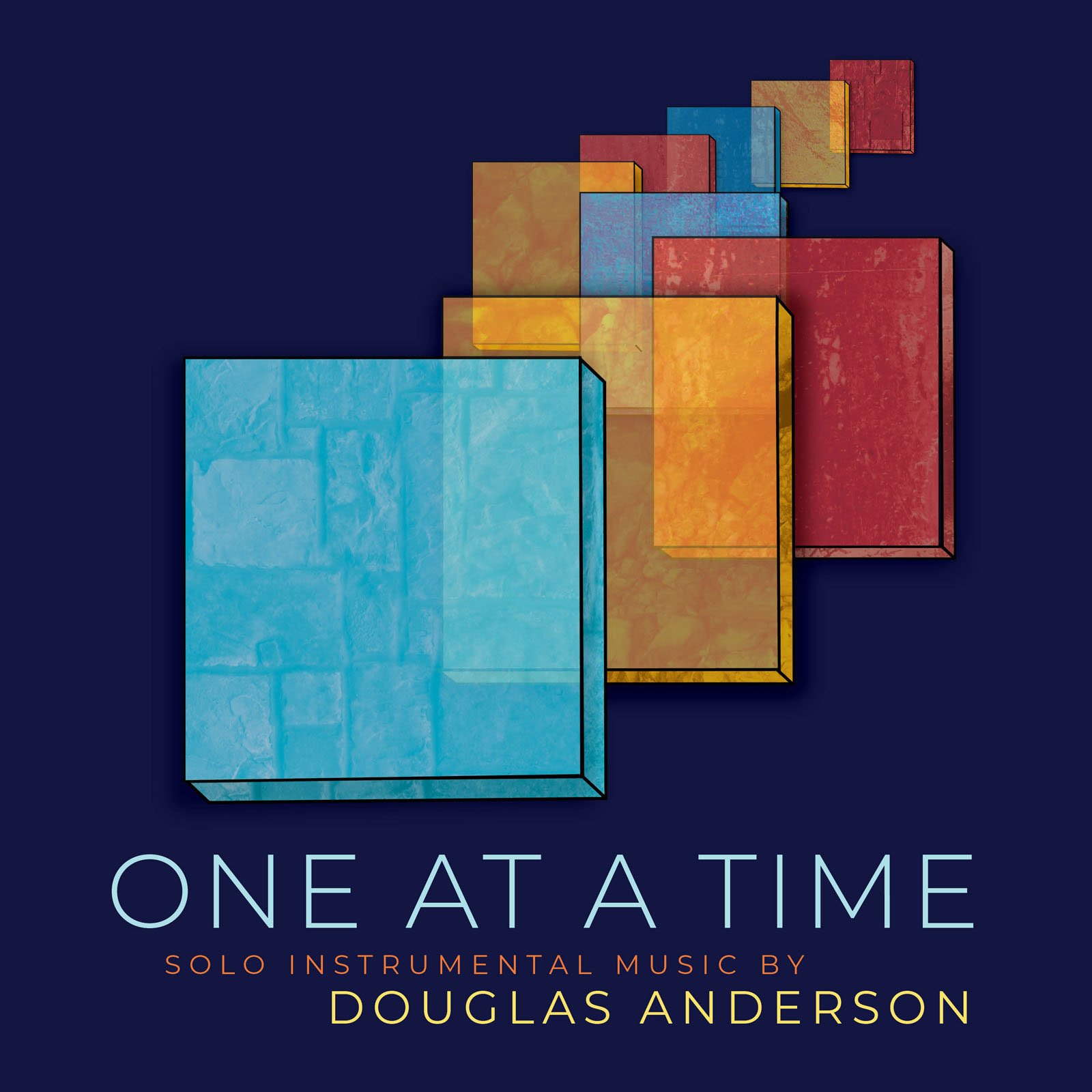
Douglas Anderson is a composer, conductor, educator, and producer who has been active in the New York area for 45 years. He studied music and psychology at Columbia University, where his three degrees culminated in a doctorate in music composition in 1980. His professional career began as a jazz musician at the age of 12, and he performed widely in the Eastern United States before moving to New York to attend college. His work as a conductor has been his performance focus for the last several decades.
Anderson’s compositions include chamber works, orchestral works, concerti, solo vocal and choral music, electronic music, radio drama, jazz, film, and musical theater, as well as many choral and instrumental arrangements. His music has been heard around the world for decades, notably on Voice of America radio abroad, and nationally in radio dramas broadcast on NPR. He has been a featured composer, a composer-in-residence, a guest composer, and had a retrospective concert. He is on the faculty of the Borough of Manhattan Community College/ CUNY, where he is Professor of Music and was for 14 years Chairman of the Music and Art Department.
Critics have said the following about his dramatic music:
“Anderson’s music is expressive and vigorous, forcefully reflecting the drama at hand, and full of orchestral color and variety. Chamber opera companies, wherever you may be, tune in.”
“This is a bold, atonal work perfectly suited to the shifting emotional mindscape of our age…It works very well. It’s a true gesamtkunstwerk.”
“What in the end matters for us is the impact the music makes on us as listeners. And it is that which stands out. This is music of vitality and charm, a lyrical quality and long, intrinsically interesting melodic part writing.”
Albums
Sparks
Catalog Number: NV6050




